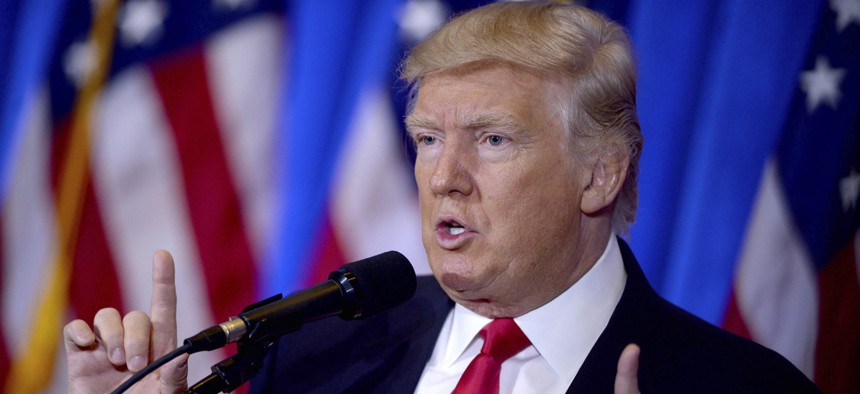Trump Signs $900 Billion Covid Relief Package

President Trump AP Photo/Dennis Van Tine/STAR MAX/IPx 2020
The law funds special unemployment programs and $600 stimulus payments, as well as providing aid to people who need help with rent, struggling transit, schools and businesses.
Days after he called the measure a “disgrace,” President Trump on Sunday signed the $900 billion coronavirus relief bill into law.
The move means special pandemic-related unemployment programs for millions of out-of-work people that expired on Saturday will be revived, as well as providing aid money for schools, businesses, struggling transit systems, people behind on rent and a number of other critical needs. The measure also extends a federal eviction moratorium that would have ended on Thursday.
Although Treasury Secretary Steven Mnuchin had helped negotiate the bipartisan deal approved by Congress last Monday, Trump abruptly threatened on Tuesday to torpedo the package. He said the $600 stimulus payments that will be sent to most Americans aren’t large enough, arguing they should be $2,000, while also complaining about some of the spending in the attached $1.4 trillion measure to fund the federal government through September.
Trump signing the package also means the federal government won’t shut down, as would have happened after Monday without the funding measure.
In a statement released by the White House on Twitter, Trump said, “As President, I have told Congress that I want far less wasteful spending and more money going to the American people in the form of $2,000 checks per adult and $600 per child.”
But one expert in unemployment systems said the delay in signing the measure past Saturday will cost people who are out of work.
One measure in the bill provides $300-a-week in enhanced unemployment, which will be added to what people receive under their state programs. Michelle Evermore, a senior policy analyst at the National Employment Law Project, told Business Insider that the president signing the measure after Saturday means people will receive one fewer $300 payment. It will also mean a delay in payments for many recipients as states will have to restart certain expired programs to provide aid.
RELATED on Route Fifty:
Laura Maggi is the managing editor of Route Fifty.
NEXT STORY: End Nears for Fed’s Municipal Lending Program






